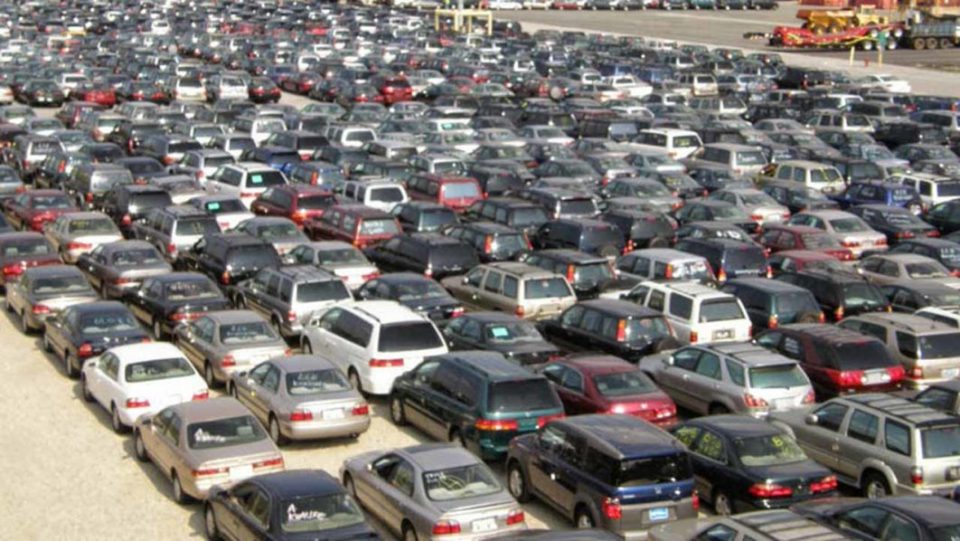
Auto Dealers Lament as Sales Crash Amid 126% Price Hike
Automobile dealers have lamented the collapse of the car dealership business as the price of vehicles skyrockets by over 126 per cent in eight years, from N18m to N80m on average, crippling sales and excluding middle-income earners from the market.
In an interview, President of the Automobile, Boatyards, Transport Equipment and Allied Employers of Nigeria, Kunle Jaiyesimi, decried the sector’s misfortune, noting that players hardly make sales due to the country’s shrinking customer base.
“The market has shrunk dramatically,” Jaiyesimi lamented. “Eight years ago, you could get a mid-size SUV for N18m. Today, that same vehicle goes for nothing less than N80m, and there is no consumer financing to match the rise.”
Jaiyesimi pointed out Nigeria’s auto policy, which rolled out over a decade ago but has failed to support investors and consumers, forcing many businesses to scale down.
Jaiyesimi, also the Deputy Managing Director of CFAO Motors, criticised government officials for not showing up in person to meet stakeholders, including original equipment manufacturers, at sectoral events, such as the recently concluded West Africa Automotive Show 2025 in Lagos, meant to drive investment in local assembly and component manufacturing.
“These foreigners brought in their hard-earned money to organise this event. None of the ministers or the DG of NADDC showed up. It is discouraging to investors. The government must do more,” he said.
Jaiyesimi explained that a neighbouring country such as Ghana, which started its auto initiative before Nigeria, already boasts seven manufacturers and 15 vehicle brands, while Nigeria still struggles with full-fledged local assembly.
He also expressed concern that the government continues to bypass local partners in international engagements.
“You see Nigerian officials flying to Japan to meet with Toyota without involving their local representatives here. It sends the wrong message and undermines efforts to grow the industry locally,” Jaiyesimi bemoaned.
On the issue of consumer credit, Jaiyesimi noted that the sector had long proposed a 35 per cent levy on imported fully built vehicles to fund vehicle financing for Nigerians.
“That levy would have generated over N200bn since 2014. It was meant to enable Nigerians to walk into banks, pay equity, and drive out with a car under single-digit interest,” he explained.
However, the AAABTEAEN president acknowledged the N20bn vehicle credit scheme recently announced by the administration of President Bola Tinubu, saying, “At least, it’s a step in the right direction.”
Further, our correspondent spoke with the President of the Auto Spare Parts and Machinery Dealers Association, Ngozi Emechebe, who stressed the importance of accessibility and affordability of spare parts, especially amid plans to transition to gas-powered vehicles.
“Government must ensure gas is available if they want conversion from petrol to work. The endpoint is the market. If there’s no gas, how will people cope?” he asked.
Emechebe maintained that the NADDC’s local content policy would only work if Nigeria attracts more manufacturing firms.
“In the 1990s, 50 per cent of vehicle parts were produced locally. Now, we import almost everything. If the economy improves and we get the right support, we are ready to revive that capacity,” the ASPMDA president asserted.
Further, Emechebe called on local automakers like Innoson and Nord to improve access to their parts, stating, “If I decide to import a headlamp for Innoson, I should be free to. Accessibility is key. We want vehicles and components available to the masses.”
Dealers are now calling on the Federal Government to expand consumer credit schemes, strengthen auto policies, and engage local stakeholders in global investment talks to prevent further decline in the automotive sector.
